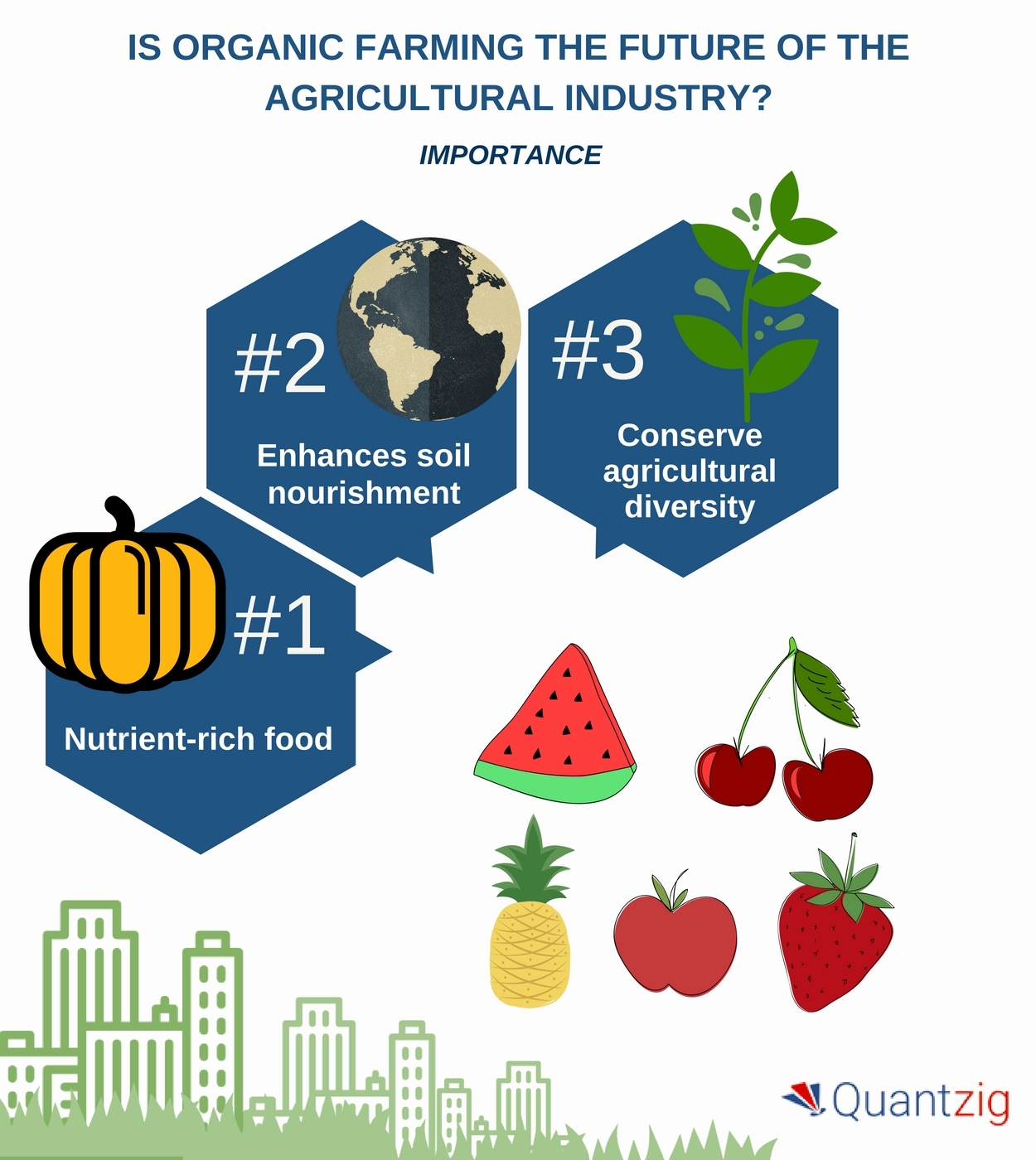The Benefits of Farming
Farming is an essential activity that has been practiced for centuries. It plays a critical role in providing food, employment, and economic stability. In this article, we will explore the numerous benefits of farming and why it is important for individuals, communities, and the environment.
Enhancing Food Security
Farming is the backbone of our food system. It ensures a steady supply of nutritious food for individuals and communities. By engaging in farming practices, we can reduce our dependence on imported food and have greater control over the quality and safety of what we consume. Additionally, farming allows us to grow a diverse range of crops, promoting a balanced diet and preventing food shortages.
Promoting Economic Growth
Farming contributes significantly to the economy by creating job opportunities and generating income. It employs millions of people worldwide, particularly in rural areas where alternative job prospects may be limited. Additionally, farming stimulates economic growth by supporting related industries such as food processing, packaging, and transportation. It also serves as a source of export revenue, boosting international trade.
Preserving Traditional Knowledge
Farming practices are deeply rooted in tradition and cultural heritage. By engaging in farming, we preserve traditional knowledge and pass it on to future generations. This knowledge includes techniques for crop cultivation, animal husbandry, and sustainable farming practices. Preserving traditional knowledge helps maintain cultural diversity and ensures the continuity of valuable agricultural practices.
Conserving Biodiversity
Farming can be practiced in a way that promotes biodiversity and protects the environment. By adopting sustainable farming methods, such as organic farming and agroforestry, we can minimize the use of harmful chemicals and preserve the natural habitat of various plant and animal species. Farming practices that prioritize biodiversity conservation contribute to the overall health of ecosystems and promote a balanced and sustainable environment.
Improving Rural Development
Farming plays a vital role in the development of rural areas. It provides employment opportunities, improves infrastructure, and enhances the standard of living. Successful farming initiatives can lead to the establishment of supportive industries, such as agri-tourism, which further contribute to the growth of rural economies. Moreover, farming encourages the preservation of rural landscapes and cultural heritage, attracting tourists and boosting local economies.

Farming offers numerous benefits that extend beyond the production of food. It enhances food security, promotes economic growth, preserves traditional knowledge, conserves biodiversity, and improves rural development. By recognizing the importance of farming and supporting sustainable agricultural practices, we can create a more resilient and sustainable future for ourselves and the generations to come.
Frequently Asked Questions about the Benefits of Farming
1. What are the benefits of farming?
Farming provides various benefits such as:
Producing fresh and nutritious food
Creating employment opportunities
Preserving rural communities and traditions
Contributing to the local economy
Promoting sustainable land use
2. How does farming contribute to food security?
Farming plays a crucial role in ensuring food security by producing an abundant supply of food to meet the needs of a growing population.
3. What environmental benefits does farming offer?
Farming practices such as crop rotation, organic farming, and agroforestry can help improve soil health, reduce erosion, conserve water, and promote biodiversity.
4. Does farming have health benefits?
Yes, farming can have health benefits as it provides access to fresh and nutritious food, promotes physical activity, and offers a connection to nature, which can improve mental well-being.
5. How does farming contribute to the economy?
Farming contributes to the economy by generating income through the sale of agricultural products, creating job opportunities in farming-related industries, and supporting local businesses.
6. Can farming help mitigate climate change?
Yes, sustainable farming practices such as agroforestry and regenerative agriculture can help sequester carbon dioxide from the atmosphere, reducing greenhouse gas emissions and mitigating climate change.
7. What social benefits does farming provide?
Farming helps preserve rural communities and traditions, fosters a sense of community, and provides opportunities for social interaction and engagement.
8. How does farming contribute to biodiversity conservation?
Farming practices that maintain diverse habitats, such as hedgerows and cover crops, can provide shelter, food, and breeding grounds for a wide range of plant and animal species, thus promoting biodiversity conservation.
9. Are there any educational benefits of farming?
Farming offers educational opportunities for individuals to learn about agriculture, sustainable practices, and the importance of food production, fostering environmental awareness and agricultural knowledge.
10. Can farming be a source of renewable energy?
Yes, farming can be a source of renewable energy through the production of biofuels, biogas from organic waste, and the use of solar panels or wind turbines on farms.




